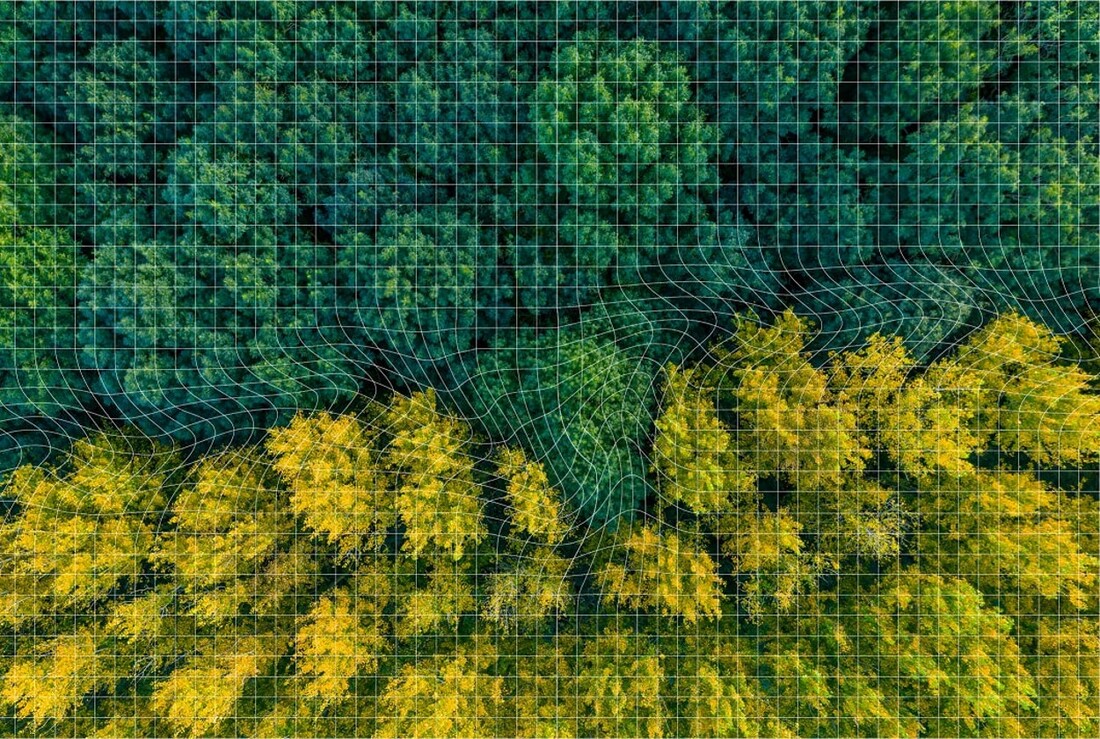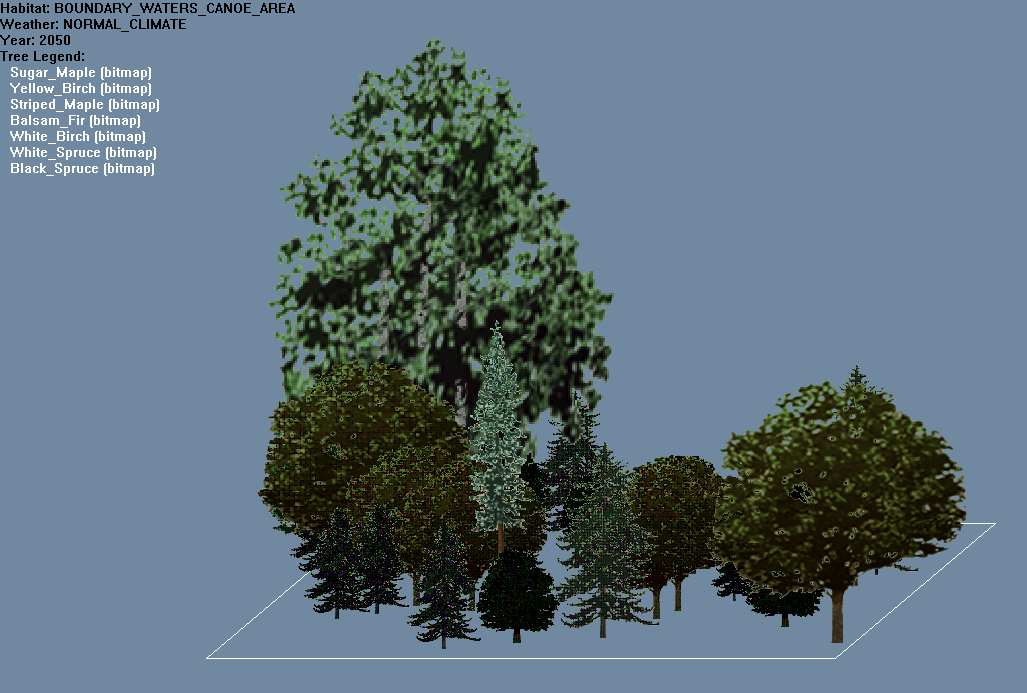Bachelor Degree in Forest Engineering and Nature Conservation
Management of urban and periurban forests | 6 ECTS
|
The course aims at introducing the students into the definition, planning, desgin and management of urban forests and green infrastructure, and to the calculation of the many ecosystem services they provide.
Link to syllabus |
Geostatistics and global observation tools | 6 ECTS
|
This course teaches techniques and methods for statistical analysis, modelling and prediction of spatial processes, as well as the process of downloading, processing and application of some of the main techniques for global observation of the territory.
Link to syllabus |
Master's degree Forest Engineering
Digital technologies for forest planning | 8 ECTS
|
This course is proposed as an advanced complement to the contents of Topography, Geographic Information Systems and Remote Sensing. Students will learn the use of current and historical digital cartographic data and information sources for the resolution of case studies related to forest planning. At the same time, they will gain basic knowledge of advanced techniques and technologies for the acquisition of 3D data using drones and automated digital photogrammetry, and ground and airborne LiDAR.
Link to syllabus |
MSc Erasmus-Mundus in European Forestry
ST in Multi-Scale Forest Dynamics Models | 5 ECTS
|
The course aims at introducing the students into the main approaches used to simulate forest dynamics at several spatial scales. It will provide some general modeling principles and information on the main trends in modeling forest dynamics in Europe. At the end of the course, the students will know: (1) the advantages and disadvantages of the different forest modeling approaches, (2) the main applications of some of the most widespread models of forest dynamics used in Europe and (3) how to use them.
Link to syllabus |
Forest dynamics in a global change context: drivers, processes and modellING | 3 ECTS [online]
|
Forest ecosystems face multiple challenges due to global change with important consequences for their current and future dynamics. This course is designed to provide an overview of the main drivers of change (climate warming, natural disturbances, land-uses) and their impact on key forest properties and processes. It will also introduce the students to the role of dynamic models for understanding and predict the response of forest ecosystems to different disturbance agents.
Link to syllabus |
Data management and visualization with R | 5 ECTS [ONLINE]
|
Introductory course on data science, focused on the collection, management, visualization and analysis of data. We aim to cover the entire data science pipeline from data acquisition to publication. The aim is to teach the students how to use R to effectively manage, clean, analyze and visualize data. The course is based on a “hands-on” approach, so that the students can easily transfer the acquired knowledge to real case studies, and even use it to process and analyze their own set of data, helping them in the preparation of their Master Thesis.
Link to syllabus |
Other courses / Workshops
Introduction to the tidyverse: dplyr, tidyr and purrr
|
The workshop "Introduction to the tidyverse", took place in Barcelona within the 1st Meeting of the Iberian Ecological Society and the XIV AEET Meeting (4-8 February 2019). The slides, code, examples, and exercices used during the workshop are hosted in a GitHub repository. The slides used during the course can be found here, and the document with the exercises can be found here.
|






